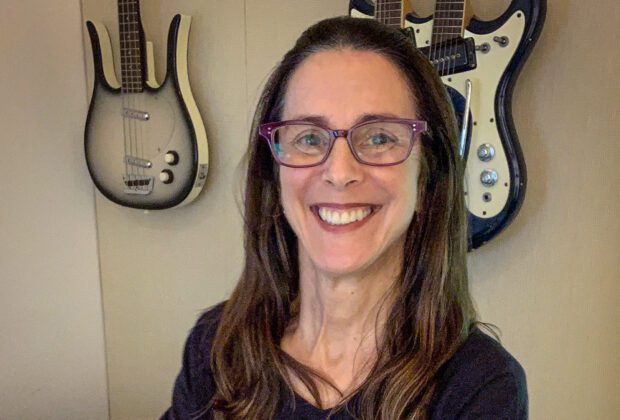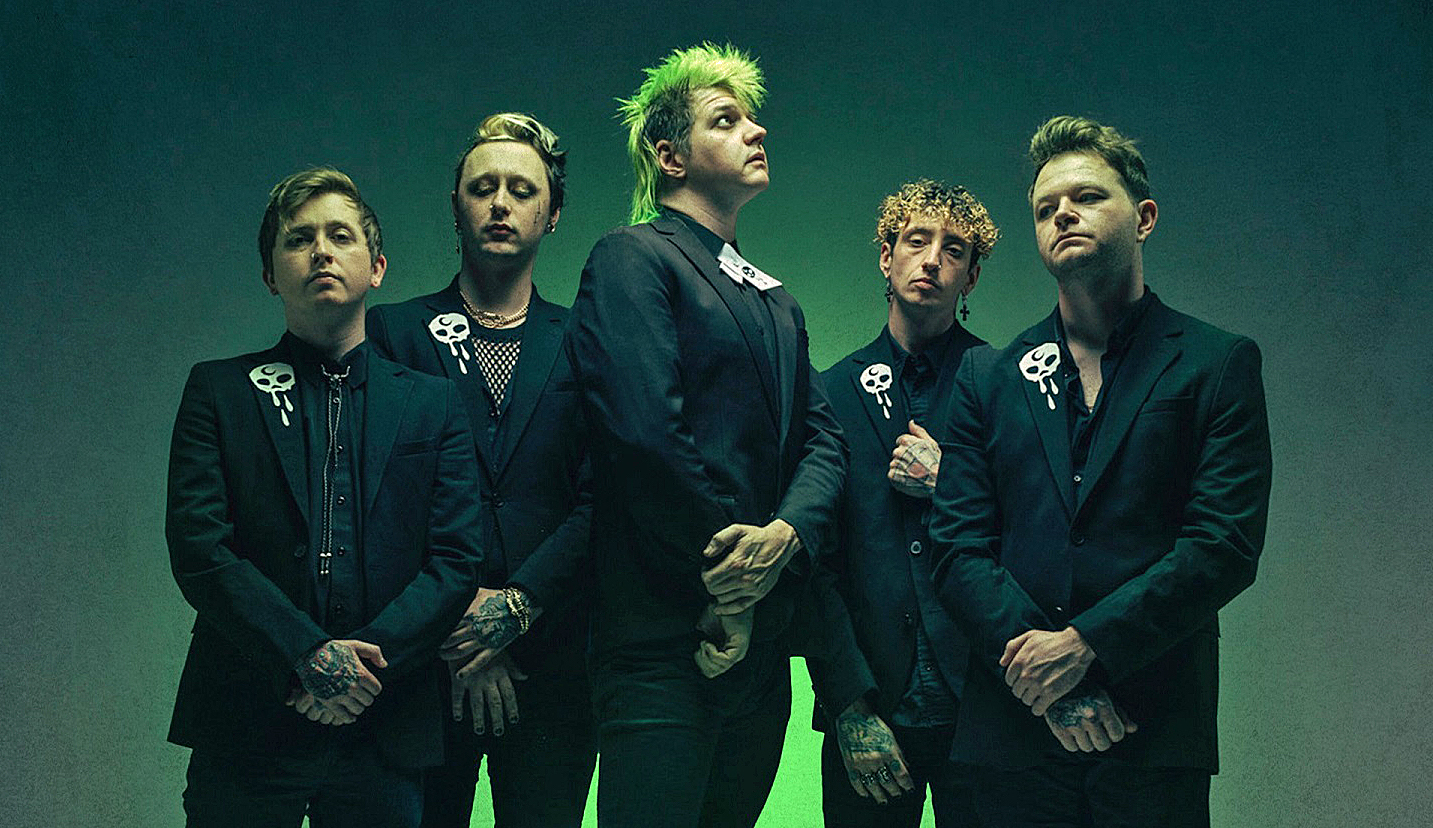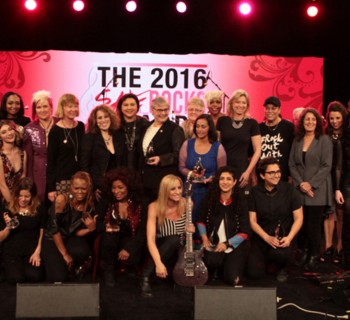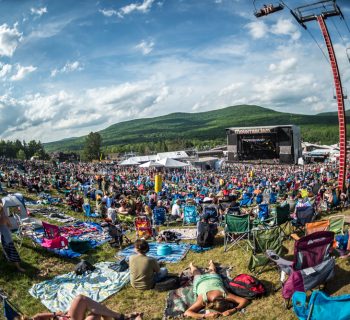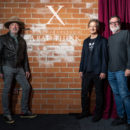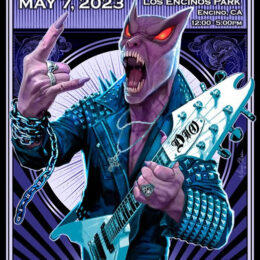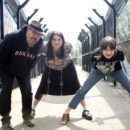"I want my MTV!” Such was the seminal music video channel’s infectious and often-shouted tagline. It’s also where legendary day-one MTV VJ Martha Quinn got her start in media. In about the time that it took to rock the casbah to “Video Killed the Radio Star” (the first video that MTV ever aired), she transformed from a radio intern and lowly RA at an NYU dorm to a rock star-adjacent icon being blasted into the living rooms of America’s youth. Rising rockers went from listening to music to watching it.
But that was in the '80s. These days, melody-minded kids just want to have their fun on Spotify, YouTube and the like, largely. Indeed, it can nearly be said that online streaming has killed the video star. Quinn, however, continues to flourish. Her iHeartRadio program The Martha Quinn Show airs on nearly 40 stations nationwide. Doing the math, that means that she’s been active in and around music for about as many years as her show is on stations.
“When I got my job at MTV, God dropped a mission in my lap,” Quinn recollects. “As time went on, I began to see that the music from the MTV era made people feel good; it made them feel better. I took that very seriously. I dropped out of work for a while to take care of my kids, but then I was hired by Sirius XM. That’s when I started to see that people really value and appreciate how good and positive the music [from the early '80s] is. I don’t know how I get to be lucky enough to do that every day.”
Quinn credits MTV cofounder Robert Pittman with her launch into the collective consciousness of '80s youth when he offered her the gig at MTV. Pittman is also a cofounder of iHeartMedia, where he likewise invited her to join him. Clearly, it’s worthwhile to keep the wheels of your networks greased. “I’m so happy at iHeart where I continue to spread the gospel of rad,” she says playfully. “I was shown a video recently of me and [original Van Halen frontman] David Lee Roth at a New Year’s Eve event. Everybody was sloppy and I looked at that and said 'The eighties were fun. I don’t know if you could do that anymore.’ It was a magical time.”
The '80s were fun. But in Quinn’s estimation, the tunes have endured for reasons that transcend simplicity and innocence. “I went through a phase of asking people what made the music so lasting,” she explains. “I have three theories: Boy George’s, Huey Lewis’ and my own.
• Boy George says that the '80s were a time before stylists. Everyone’s outward appearance was a reflection of their inner state of mind. Now there’s the classic red-carpet line of ‘Who are you wearing?’
• Huey Lewis says that the '80s were the last time that pure melody structures dominated the charts. Those have been shown for centuries to work and to feel good to people. It’s only quite recently that our music has been taken over by beats.
• My theory is that MTV was all across the country and you had to wait for your favorite video to come on. Now you can pull up anything at any time. But when you had to wait for it, it was more special; it was an event. For anyone who watched MTV, it was like we all went to high school together.”
With any gig, cool or otherwise, people stockpile favorite anecdotes. Quinn has two that stand out for her, one from each chapter or her career—TV and radio. “From MTV, it was the time that I introduced the MTV Video Music Awards,” she recalls. “I was welcoming the audience and was on the proscenium, which was supposed to lower me into the orchestra pit. When that didn’t happen, I decided to walk off. As I reached the seam, it started to lower and I wiped out. I was mortified and mentioned it to David Lee Roth later. He said ‘Darlin’, welcome to the rock and roll hall of fame. You know how many times I’ve done that?’ He pieced me back together with that kindness and in that moment I saw a different layer of him. In addition to all of his ‘Bibbity-bobbity, bibbity bop,’ he could be really kind.
“On my radio show,” she continues, “I work with two other ladies in San Francisco: Christie James and Karena Velazquez. What I learned from them is what it’s like to have someone’s back. We were at an iHeartRadio music festival in Las Vegas and Bob [Pittman] invited us to drop by his table. I told Christie that I didn’t want to go because I’m an introvert and it was at a crowded, noisy club. I’m tiny but she’s six feet tall and wears stiletto heels. She took me by the hand and led me through the crowd.”
A pearl of phraseology that’s often invoked to help people grasp life’s constant flux is “Times change, people change with them.” Quinn got her start in television, of course, but now works in radio and notes some contrasts. “Radio’s such a different animal,” she observes. “It’s definitely more intimate in that we have the ability to receive comments from listeners. We also have the benefit of hindsight; the benefit of knowing that [the songs we play] will pick you up. I like to say that they reach into your chest, grab your soul and lift you up.”
Quinn has been involved in music for most of her life. Accordingly, the seasoned seamstress of sound has some thoughts about what its future holds. “I think A.I. will wreak havoc on us all,” she predicts. “Eventually you’ll be able to say ‘Give me a DJ who’s quirky and knows a lot about the '80s’ [and you’ll get exactly that]. So I worry and wonder what will happen to DJs and what will be left for people to do.”

